For too long, the term “SEO” or “search engine optimization” has been burdened with a bad reputation. Whether you know a little or a lot about SEO, one thing is certain: SEO is one of the most prominent and valuable practices in online marketing. The reason is simple. The primary goal of SEO is to optimize your website so that search engines can easily discover and understand the purpose and meaning behind each page and serve them up to the people who are looking for them. This is, effectively, search engine optimization 101.
Search Engine Optimization 101
What is SEO marketing and why is it important? To answer these questions, we should first explain that search engines such as Google, Bing, Yahoo, and Baidu routinely crawl and index (or catalog) the content on your website pages for future reference. When a searcher uses Google or any other search engine to look for “new homes in Austin, Texas” or “good schools near me,” the search engine wants to return a highly relevant set of website results that provide information, answers, and contact info that’s up-to-date and valuable to the searcher.
That’s the goal of every search engine. Providing relevant results is job number one. No one is going to use a search engine for very long if it can’t provide relevant results from among the nearly 2 billion websites on the internet. At the same time, those websites that aren’t optimized so that search engines can understand the content of their pages aren’t going to get their fair share of qualified traffic and leads. Instead, that traffic will go to their competitors. This is why SEO is so important and it is important to understand search engine optimization 101.
Let’s look at the fundamentals of SEO and answer a few questions along the way.
What is SEO Marketing?
What does SEO stand for? SEO is an acronym for “search engine optimization.” As we already mentioned, that’s the strategy of making sure that your website pages—along with all your other digital content—can easily be understood by search engines and found by those who are using said search engines to look for topics like the ones you’re offering.
How do you define SEO marketing? This is the process of actively improving your website’s SEO. By optimizing your site for search engine accessibility, you can organically improve your ranking in searches for major keywords related to your business. SEO marketing typically involves on-page SEO to optimize individual pages of your website; technical SEO, which looks at the functionality of your site itself; off-page SEO, which is related to developing backlinks; and local SEO, which is focused on improving visibility based on location, offering users ways to find brick-and-mortar stores in nearby areas.
What are Search Engine Basics?
What search results are organic? The phrase “organic search results” is one that you hear all the time when discussing SEO, but what does it actually mean? Simply put, organic results are those that aren’t paid for. Paid search results are the ones you see with the word “Ad” in bold text next to the result, similar to promoted tweets and Instagram posts. By contrast, organic results are the ones that the search engine itself deems to be the most relevant to the query, and the vast majority of internet traffic comes via organic results.
What are ranking factors? Ask a dozen SEO specialists this question and you’ll get (for the most part) a dozen different—and lengthy—answers. A number of factors will always come up in the discussion. Here’s a top ten list of some of the most important search engine optimization 101 ranking factors, if you want to see the complete list of ranking factors click here:
- Domain or URL age and authority (how long the site has been around)
- High-quality content (original, not spammy or borrowed copy)
- Title tags (a concise description of a page’s content)
- Mobile-friendliness (how well it displays on mobile devices)
- Freshness (what is most current)
- Page speed (how fast your page loads)
- On-page optimization (how well web pages are optimized for specific keywords)
- Internal links (pages on your site pointing to other pages on your site)
- Backlinks (links from other websites pointing to your site)
- SSL (makes sure that any info sent through a form on the site is secure and private)
What’s the difference between On-page SEO and Off-page SEO? Most of the time, when we’re talking about SEO, we’re referring to on-page SEO, which is all the stuff on your site that a visitor (or a search engine) might see. Off-page SEO, on the other hand, is about building backlinks from other websites that point back to your site. This helps to improve your position as an authority on whatever subject your business revolves around, making search engines more likely to return your site as a trusted result.
Why is SEO so important? As we’ve already discussed, SEO is the process of optimizing your site so that search engines can understand your content and confidently return pages from your site as relevant search results when someone searches for a particular keyword or phrase. Without good SEO, your page is less likely to show up in searches, or it may show up incorrectly, which can be disastrous for your business.
How long does SEO take to work? Unfortunately, there’s no easy answer. Every website is unique. Some are bigger sites with more pages, while some have greater barriers to entry with larger numbers of competitors. To further complicate things, the definition of “work” here isn’t always the same. A good SEO firm will work with you to define goals and key performance metrics that can help you see how your SEO results improve over time. That’s the key takeaway, really. Whether your results begin in four to six months or six to 12, the important thing about SEO is that the results are cumulative, and they continue to improve over time.
Why You Should Hire L&P for SEO!
At L&P Marketing, we offer a full range of SEO solutions specially tailored to master-planned communities, mixed-use development, B2C organizations and more. We will work with you to create a fully customized strategy to help your company rank higher and more often in search results for keywords that immediately impact your industry.
SEO Audit – Our process begins with an in-depth audit for every potential and new client. This helps us to assess your site’s current functionality and content and set achievable goals and plans for your SEO future.
Research – The next step is extensive research into your industry and competitors. This allows us to discover which keywords and content will help improve your ranking and appeal to your target audience.
Implement – After our research is complete, we begin implementing the personalized strategy that we have developed together with your input. This is where we actually begin “tuning up” your site to optimize it for attracting your target customers.
Analyze and Maintain – Even once your newly optimized site is up and running, our job isn’t done. We consistently check data and rankings of your site against key metrics so that we can adjust our strategy as needed to create and maintain the results that you’re looking for.
Measure and Report – Lastly, we report monthly on what we’ve achieved, allowing you to track our progress on the strategy that we’ve developed together. We don’t hide the fact that SEO sometimes takes time to show results. Instead, we show you the metrics that will help to demonstrate how our work has impacted your business for the better.
If you’re ready to see how SEO marketing can help your business website grow and succeed, contact L&P today and ask to speak with one of our strategists about an SEO marketing campaign. As a one-stop branding, digital, media, and marketing agency specializing in planned community branding and master-planned community marketing, we understand SEO for real estate, master-planned communities, and mixed-use development and we’re here to help you get the results your business deserves.




